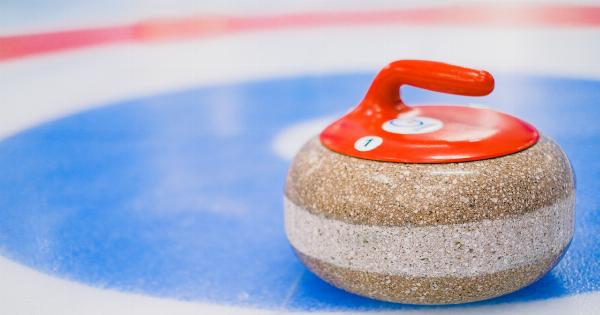Having a blocked nose can be extremely frustrating, especially when it hinders your ability to breathe comfortably. Nasal congestion, also known as a stuffy or blocked nose, is often caused by inflammation of the blood vessels in the nasal passages.
This inflammation can be a result of the common cold, sinus infection, allergies, or even certain medications.
Understanding Nasal Blockage
Nasal blockage occurs when the tissues lining the nose become swollen, making it difficult for air to pass through. The symptoms can range from mild stuffiness to complete obstruction, making it nearly impossible to breathe through the nose.
Additionally, nasal blockage can lead to other discomforting symptoms such as headaches, sinus pain, low energy levels, and disturbed sleep.
Home Remedies for Nasal Blockage Relief
While nasal blockage can be bothersome, there are several measures you can take at home to find relief.
1. Steam Inhalation
Steam inhalation is a popular and effective method for nasal blockage relief. Boil water in a pot, cover your head with a towel, and inhale the steam for about 10-15 minutes.
The warm moisture helps to loosen the mucus and open up the blocked nasal passages.
2. Saline Nasal Drops
Saline nasal drops or sprays can help alleviate nasal congestion. These solutions contain a mixture of salt and water, which can moisturize the nasal passages and reduce the swelling. Simply tilt your head back and apply a few drops in each nostril.
3. Nasal Irrigation
Nasal irrigation, also known as a nasal wash or nasal douche, involves flushing out the nasal passages with a saline solution. This can help remove excess mucus and relieve nasal congestion.
You can use a neti pot, bulb syringe, or a nasal irrigation kit for this purpose.
4. Warm Compress
Applying a warm compress to your face can help alleviate nasal congestion. Soak a clean towel in warm water, wring out the excess, and place it over your forehead and nose. The warmth can provide relief by reducing the swelling in the nasal passages.
5. Stay Hydrated
Drinking plenty of fluids can help thin out mucus and keep the nasal passages moist. Opt for warm liquids such as herbal tea or warm water with lemon to soothe the congestion and provide relief.
6. Elevate Your Head
Keeping your head elevated while sleeping can help reduce nasal congestion. Use an extra pillow or prop up the head of your mattress to create a slight incline.
This position can prevent mucus build-up in the nasal passages, allowing for easier breathing.
7. Use a Humidifier
Using a humidifier in your bedroom can add moisture to the air, helping to relieve nasal blockage. Dry air can exacerbate congestion, so a humidifier can be particularly beneficial during the winter months or in dry climates.
8. Nasal Strips
Nasal strips are adhesive strips that you can apply to the outside of your nose. These strips work by physically opening up the nasal passages, providing instant relief from nasal blockage. They are especially helpful during sleep or physical activity.
9. Avoid Irritants
Avoiding irritants such as smoke, strong odors, and chemical fumes can help prevent nasal congestion or make it less severe. These irritants can further inflame the nasal passages, making it harder to breathe.
10. Over-the-Counter Remedies
There are several over-the-counter medications available for nasal blockage relief. Decongestant nasal sprays or oral decongestants can provide temporary relief by reducing the swelling in the nasal passages.
However, these medications should be used sparingly and for a limited duration, as prolonged use can actually worsen the symptoms.
Conclusion
Nasal blockage can significantly impact your daily life, but with these urgent measures, you can find relief. Try out these home remedies, stay hydrated, and avoid triggers to alleviate nasal congestion and breathe freely again.
If symptoms persist or worsen, it may be necessary to consult a healthcare professional for further evaluation and treatment.





























